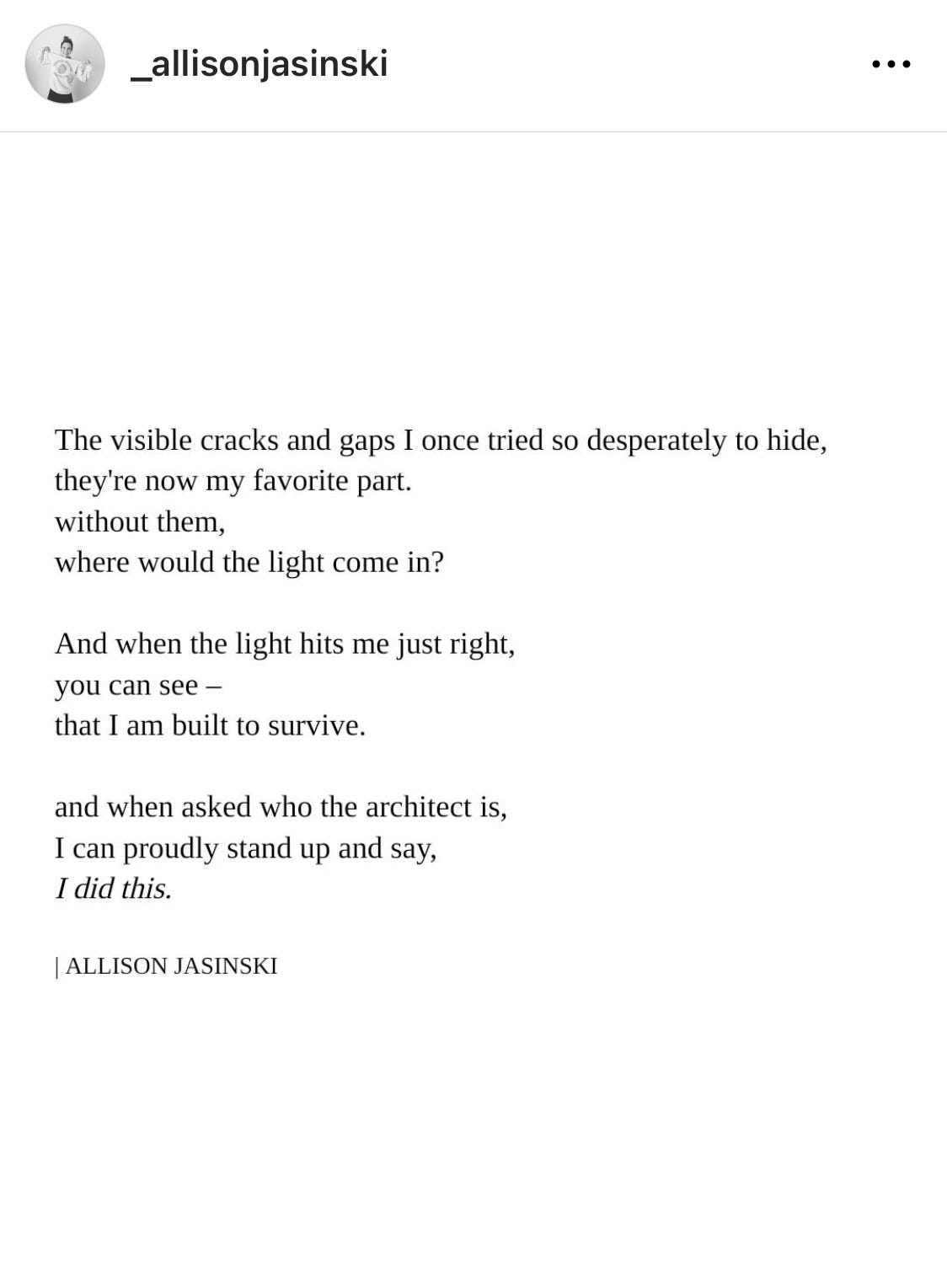how to build a following
Not in a cult-y way.
Today’s reader question:
how one builds a fan base as a beginning, unknown, not yet published writer. haha. I know there has to be a strong social media component (which I loathe), but are there other ways to go about it as well? If someone like me is lucky enough to get an agent and publishing deal, does the publisher help with marketing?
Thanks for writing in! The answer to this question varies depending on whether you’re a nonfiction or fiction writer.

Nonfiction
Disclaimer: I am far from an expert on publishing nonfiction. For better information on that front, I point you to Jane Friedman’s site, an excellent resource for all aspiring writers.
For nonfiction writers, building a platform is critical to getting a book deal. (I think memoirs might be an exception, but don’t hold me to that.) I know nonfiction authors who were required to have face-to-face meetings/calls before being offered agent representation and/or a publishing deal. Agents and publishers want to know these writers can handle being interviewed, speak eloquently on camera, etc. The way to build a platform is likely as varied as the topics one can write about, but here are a few examples. For inspirational/self-help/mental health, many writers, like the one below, build a following on Instagram or TikTok or [fill in your platform of choice] by posting shorter bits of their writing online.

A business writer might publish articles on relevant websites, newspapers, magazines, etc. An amateur chef would probably share recipes with beautiful photography and videography. In essence, you want to create content that lines up with the type of book you hope to write. Note that it takes a long time to build a following! This is not a get-published-quick scheme. There are thousands of examples of writers working to establish themselves in this way.
If I were trying to get published as a nonfiction writer, I would identify a handful of successful authors in my chosen genre whose work I admire and study what they’re doing. Then I would make my own content using some of those same methods. Your voice and perspective are what set you apart as a writer, not your tactics.
Fiction
If you’re writing fiction, the good news is no one expects you to have a platform before you’re published. It’s a bonus if you do, but no agent or publisher asked me about my social media numbers when I was going through the publication process.
I would go so far as to say it’s virtually impossible to build a fan base when you’re unpublished. Think of your own experience as a reader—would you follow a stranger online whose work you’ve never read? Probably not, and it’s more difficult for fiction writers to gain a following through bite-sized excerpts of work. No one finds one paragraph of fiction in an Instagram post satisfying unless it’s part of a series and bigger story. If you plan to self-publish, that’s a different beast, but based on this reader’s question, it sounds like they’re hoping to walk the traditional publishing path.
All this is to say: don’t worry about your platform when you’re unpublished. It’s very much a cart-before-the-horse concern. Your publisher will absolutely help you with marketing!1 That’s their job—and why you’re letting them publish your work.
Focus instead on building a writing community with fellow aspiring writers when you’re starting out. That’s something you can control and will become equally important down the road when you need to ask for blurbs, beta readers, business advice, event partners, etc.
Growing my platform
Once you have the book deal and a pub date, what should you expect?
I notice the most growth on my socials when I publish a new book. I assume that’s because my name is floating around the Internet more frequently. For perspective, let’s look at my Instagram stats for the past 90 days, a period where I’ve had no publications or book news to share. In that time I had 104 follows and 92 unfollows for a total whopping gain of 12 followers! Personally I don’t worry about platform numbers. I feel that as long as I’m engaging with the readers who are already hanging around (all of you!), then I’m holding up my end of the bargain with my publisher. I prefer organic growth on socials, which takes a lot longer than chasing after followers, but if you want to increase your numbers quickly, there are tons of articles about how to do so.
As for my newsletter following, every time my publisher runs a giveaway that includes one of my books, they give entrants the option to subscribe to my newsletter. When the giveaway ends, my marketing team sends me a .csv file with the email addresses of those who opted in, which I then import to Substack. Pretty much all my subscribers come from these giveaways—one example of how Penguin Random House (and any traditional publisher) has much greater reach than any single author. Based on my conversations with author friends, not every publisher collects subscribers this way, which is a(n easy!) missed opportunity IMO.
Now it’s your turn
When it comes to social media, pick your poison. As a debut author, I wanted to do *the most* and forced myself to maintain a consistent presence on Instagram, Twitter, and Facebook, plus a newsletter. This was crazy-making. I have since realized I’m better off choosing the couple places I actually want to hang out. For me, that meant getting rid of my Facebook author page—and actually deleting my personal account altogether, which I’d been wanting to do for years. My Twitter account is still active, but these days I use it for reading, not sharing. I’ve made Instagram my primary author account because I find users there to be the most well-intentioned, and I like the visual aspect of book promotion. I’ve also re-committed to this newsletter—which actually has more subscribers than any of my social platforms. (Thank you all again for being here!) Finally, occasionally I mess around on TikTok, but I’m mostly there to watch dog and travel videos, plus check out how other authors are using it.
How to find the right platform for you? Ask yourself what you loathe about social media, then try to find the best option that circumvents those pet peeves. If social platforms feel too surface level, consider a newsletter. If you stink at taking photos, try Twitter or Threads. If you don’t want to take the time to write captions, what about videos on TikTok? If talking about yourself feels icky, try talking up the books you love on Goodreads instead. Which platform is the least odious to you? Start there. If and when you get a book deal, most publishers will expect you to maintain some sort of presence online.
Hey, maybe someday soon you can outsource the job to AI.
Good luck,
Have a question or topic of discussion? Leave a comment or reply to this email.
It’s worth noting that, based on advance size and publisher excitement, some authors get (significantly) more marketing support than others. An unfortunate reality, but that’s the way the industry cookie crumbles.


